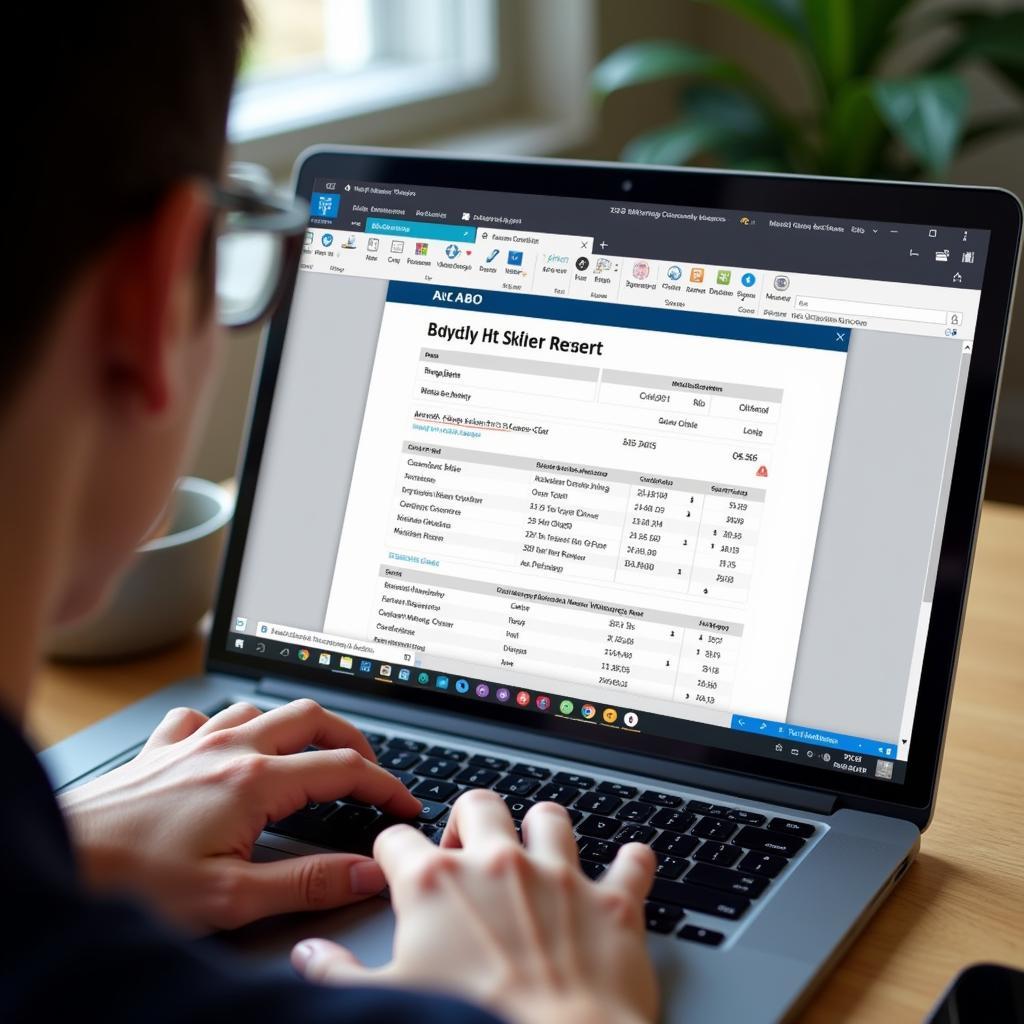Knowing How To Get Car Details is crucial whether you’re buying, selling, or simply curious about a vehicle’s history. These details offer a comprehensive look at a car’s past, revealing potential red flags and assuring buyers of a worthy investment. But where do you begin your search for this valuable information?
This guide will equip you with the knowledge and tools to get a vehicle’s complete history, empowering you to make informed decisions.
Why Are Car Details Important?
Before we delve into the “how”, let’s understand the “why”. Accessing car details, also known as vehicle history reports, provides a wealth of information that can significantly impact your car buying or selling experience. Here’s why they are essential:
- Unveiling Hidden Problems: A vehicle history report can uncover hidden issues like accidents, flood damage, or odometer tampering that might not be visually apparent.
- Verifying Ownership History: This report allows you to confirm the number of previous owners and identify potential title issues, ensuring a clean and legal purchase.
- Supporting Price Negotiation: A detailed history report helps determine a fair market value for the car, giving you leverage during price negotiations.
 Checking vehicle history report on a laptop
Checking vehicle history report on a laptop
How to Get Car Details: A Step-by-Step Guide
Now, let’s explore the different ways to obtain these crucial car details:
1. Utilize the Vehicle Identification Number (VIN):
The VIN is a unique 17-character alphanumeric code assigned to every vehicle. It’s like the car’s fingerprint. You can typically find it on the dashboard, driver’s side doorjamb, or car title.
2. Explore Online Vehicle History Report Providers:
Numerous reputable online platforms specialize in providing comprehensive vehicle history reports. By entering the VIN, you can unlock a treasure trove of information. Some popular options include:
- Carfax: Known for its user-friendly interface and detailed accident history reports.
- AutoCheck: Offers a comprehensive database with information on auction records and title brands.
- VINCheckPro: Provides a cost-effective solution with access to multiple data sources.
3. Contact the DMV:
Your local Department of Motor Vehicles (DMV) can provide valuable information about a vehicle’s title history, including any liens or salvage titles.
4. Hire a Professional Vehicle Inspection Service:
For added peace of mind, consider hiring a qualified mechanic to conduct a pre-purchase inspection. They can identify potential mechanical issues and provide an expert opinion on the car’s overall condition.
Understanding the Information in a Vehicle History Report
Once you’ve obtained a vehicle history report, it’s crucial to understand the information it presents. Here’s a breakdown of key sections:
- Title Information: Confirms the vehicle identification number (VIN), year, make, and model, and reveals any title brands, such as “salvage” or “rebuilt.”
- Accident History: Details any reported accidents, including the date, location, and severity of the damage.
- Ownership History: Shows the number of previous owners and the length of their ownership.
- Odometer Readings: Tracks mileage readings over time, helping detect potential odometer fraud.
- Service Records: May include reported maintenance and repair history, offering insights into the car’s upkeep.
Protecting Yourself from Car Detail Scams
While obtaining car details is essential, it’s equally important to be aware of potential scams. Here are some red flags to watch out for:
- Unrealistic Prices: Be wary of extremely low prices for vehicle history reports, as they might be too good to be true.
- Suspicious Websites: Stick to reputable online providers and avoid websites with poor design or questionable security measures.
- Requests for Personal Information: Legitimate providers will only require the VIN and payment information. Be cautious of requests for sensitive personal details.
 Reviewing car history report online
Reviewing car history report online
Conclusion
Knowing how to get car details is an indispensable part of making informed decisions in the world of automobiles. By utilizing the VIN, exploring online providers, and understanding the nuances of vehicle history reports, you can navigate the car buying or selling process with confidence. Remember, a small investment in obtaining car details can save you from potential headaches and financial burdens in the long run.
FAQs
1. Can I get a free car details report?
While some websites offer free VIN checks, these typically provide limited information. Comprehensive vehicle history reports usually come at a cost.
2. Is it worth getting a car details report for a new car?
Even new cars can benefit from a vehicle history report. It can verify the car’s origin and ensure there haven’t been any unreported incidents during shipping or storage.
Ready to dive deeper into the world of car detailing?
- Learn how to create a royalty program for car detailing customers and build lasting relationships.
- Discover the secrets to how to detail clean your car interior like a pro.
For expert assistance and personalized solutions, reach out to us on WhatsApp: +1(641)206-8880 or email us at [email protected]. Our dedicated team is available 24/7 to answer your queries and provide top-notch support.

Leave a Reply